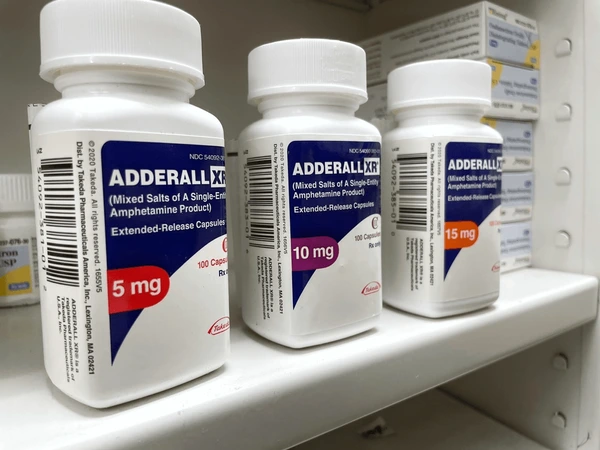Currently Empty: $0.00

Akorn Promethazine with Codeine Dosage, Akorn Promethazine with Codeine is a prescription medication commonly used to treat symptoms of the common cold, allergies, or other respiratory illnesses such as bronchitis. This combination medication contains an antihistamine (promethazine) and an opioid cough suppressant (codeine). Understanding the correct dosage is crucial for maximizing the therapeutic effects while minimizing the risk of side effects and potential misuse. This guide will provide an overview of the recommended dosage, safety considerations, and important guidelines for using Akorn Promethazine with Codeine.
What is Akorn Promethazine with Codeine?
Promethazine
Promethazine is an antihistamine that relieves allergy symptoms such as runny nose, sneezing, and watery eyes. It also has sedative properties, which can help alleviate cough and provide restful sleep.
Codeine
Codeine is an opioid cough suppressant that acts on the brain to reduce the urge to cough. It is effective in managing pain and suppressing persistent coughing.
Recommended Dosage
Standard Dosage for Adults
The usual dosage for adults taking Akorn Promethazine with Codeine is 5 milliliters (1 teaspoon) every 4 to 6 hours as needed. It is essential not to exceed 30 milliliters (6 teaspoons) in 24 hours.
Dosage for Children
The dosage for children varies based on age and weight. It is critical to follow the pediatrician’s instructions precisely and use the measuring device provided with the medication to ensure an accurate dose. Generally, the dosage for children aged 6 to 12 is 2.5 milliliters (1/2 teaspoon) every 4 to 6 hours, not exceeding 15 milliliters (3 teaspoons) in 24 hours.
Safety Considerations
Potential Side Effects
Like all medications, Akorn Promethazine with Codeine can cause side effects. Common side effects include:
- Drowsiness
- Dizziness
- Constipation
- Nausea and vomiting
- Blurred vision
- Dry mouth
Serious side effects are less common but can occur, especially with misuse or overuse:
- Respiratory depression (slow or shallow breathing)
- Severe dizziness or fainting
- Confusion or hallucinations
- Seizures
Risk of Dependence and Misuse
Codeine is an opioid, which means it has a potential for misuse and dependence. Patients should use this medication only as prescribed by their healthcare provider. Never take higher doses or use the medication more frequently than directed.
Guidelines for Safe Use
Follow Medical Advice
Always adhere to the dosage instructions provided by your healthcare provider. Do not adjust your dose without consulting your doctor, as this can increase the risk of side effects and dependence.
Measure Accurately
Use the measuring device provided with the medication to ensure an accurate dose. Do not use household spoons, as they may not provide an accurate measurement.
Avoid Alcohol and Other Sedatives
Combining Akorn Promethazine with Codeine with alcohol or other sedative medications can increase the risk of severe drowsiness, respiratory depression, and other dangerous side effects. Inform your healthcare provider of all medications you are currently taking to avoid harmful interactions.
Store Safely
Store this medication in a secure place out of reach of children and others who might misuse it. Proper storage can prevent accidental ingestion and misuse.
Alternatives to Akorn Promethazine with Codeine
For individuals concerned about the risks associated with opioid medications, there are alternative treatments available:
Non-Opioid Cough Suppressants
Dextromethorphan is a common non-opioid cough suppressant found in many over-the-counter cough medicines. It can provide relief without the risks associated with opioids.
Antihistamines
Non-sedating antihistamines such as loratadine or cetirizine can relieve allergy symptoms without causing significant drowsiness.
Natural Remedies
Honey, ginger tea, and steam inhalation are natural remedies that can help soothe a cough and alleviate respiratory symptoms.
Conclusion
Akorn Promethazine with Codeine can be an effective treatment for relieving symptoms of respiratory illnesses, but it is essential to use it safely and responsibly. Understanding the correct dosage, adhering to safety guidelines, and exploring alternative treatments can help you manage your symptoms while minimizing risks. Always consult your healthcare provider for personalized advice and follow their recommendations to ensure the best possible outcomes.




